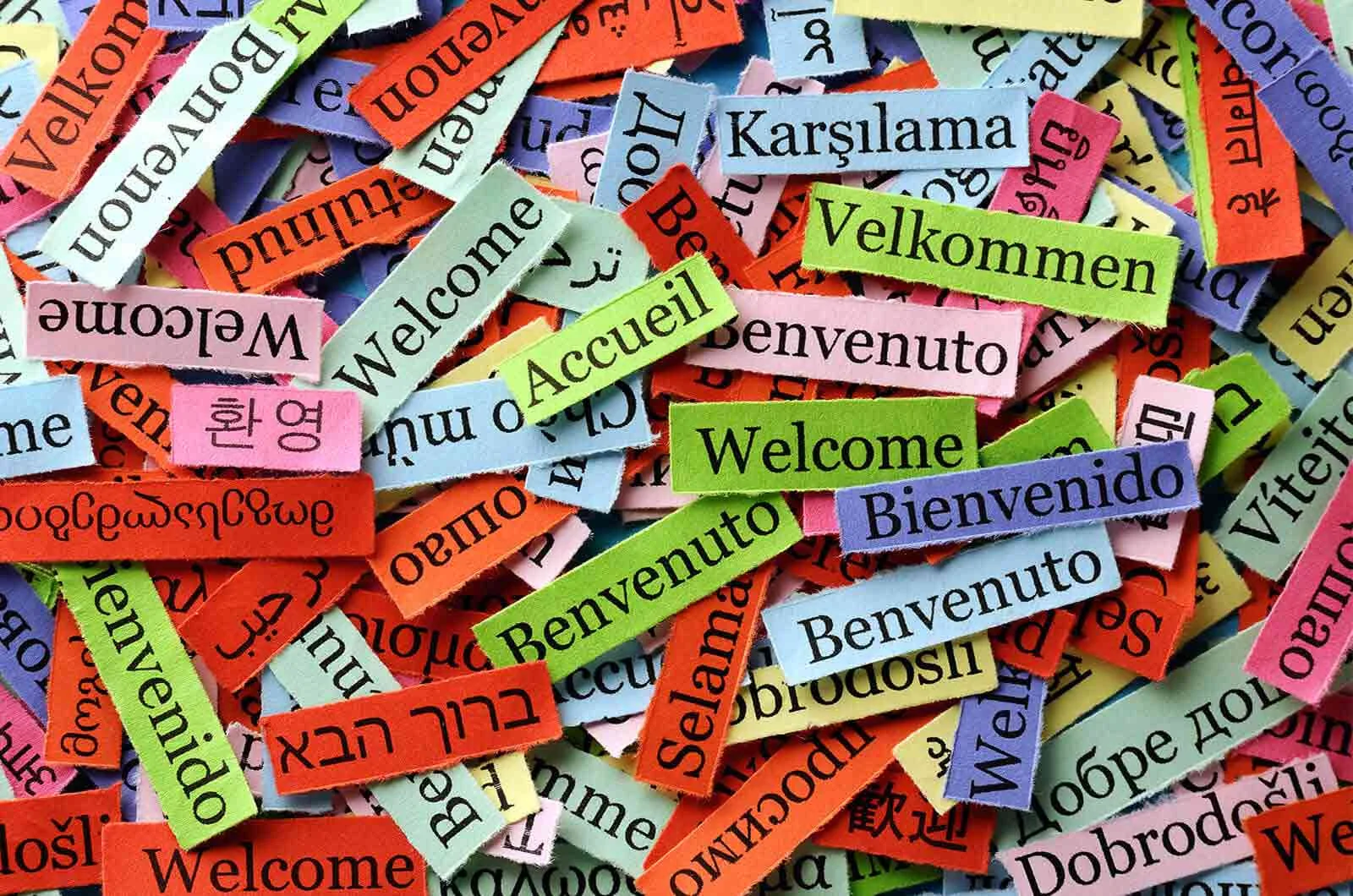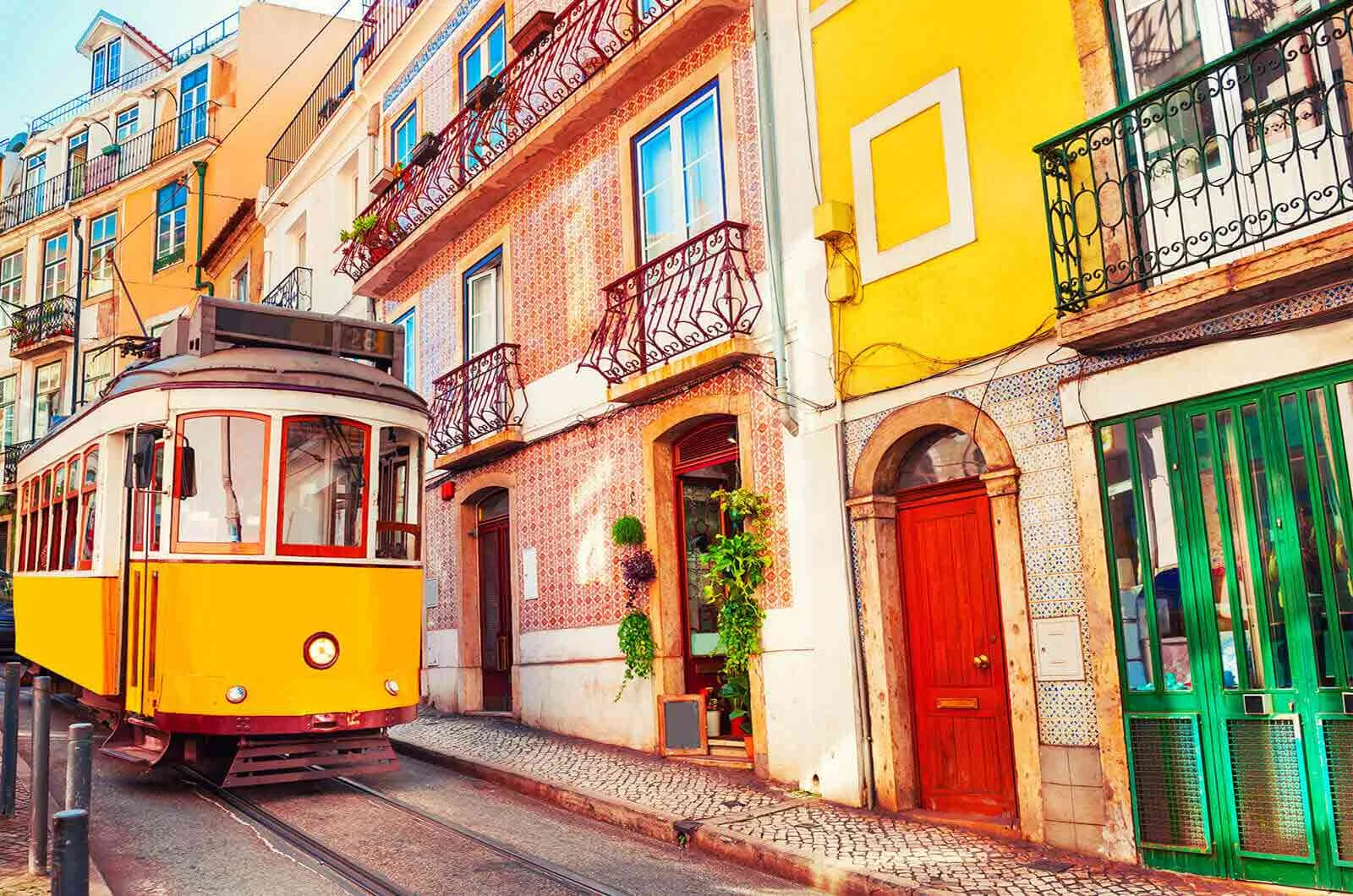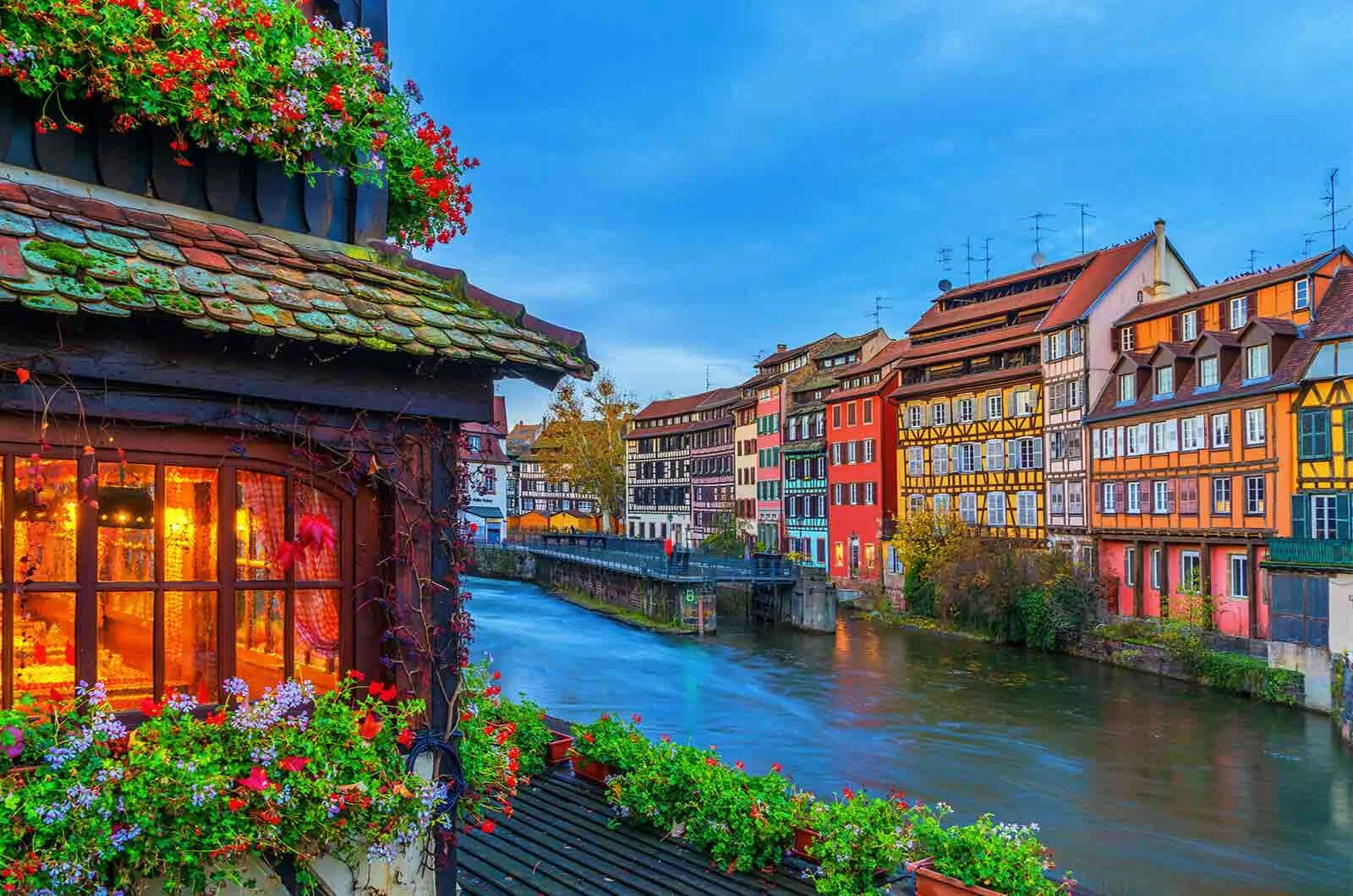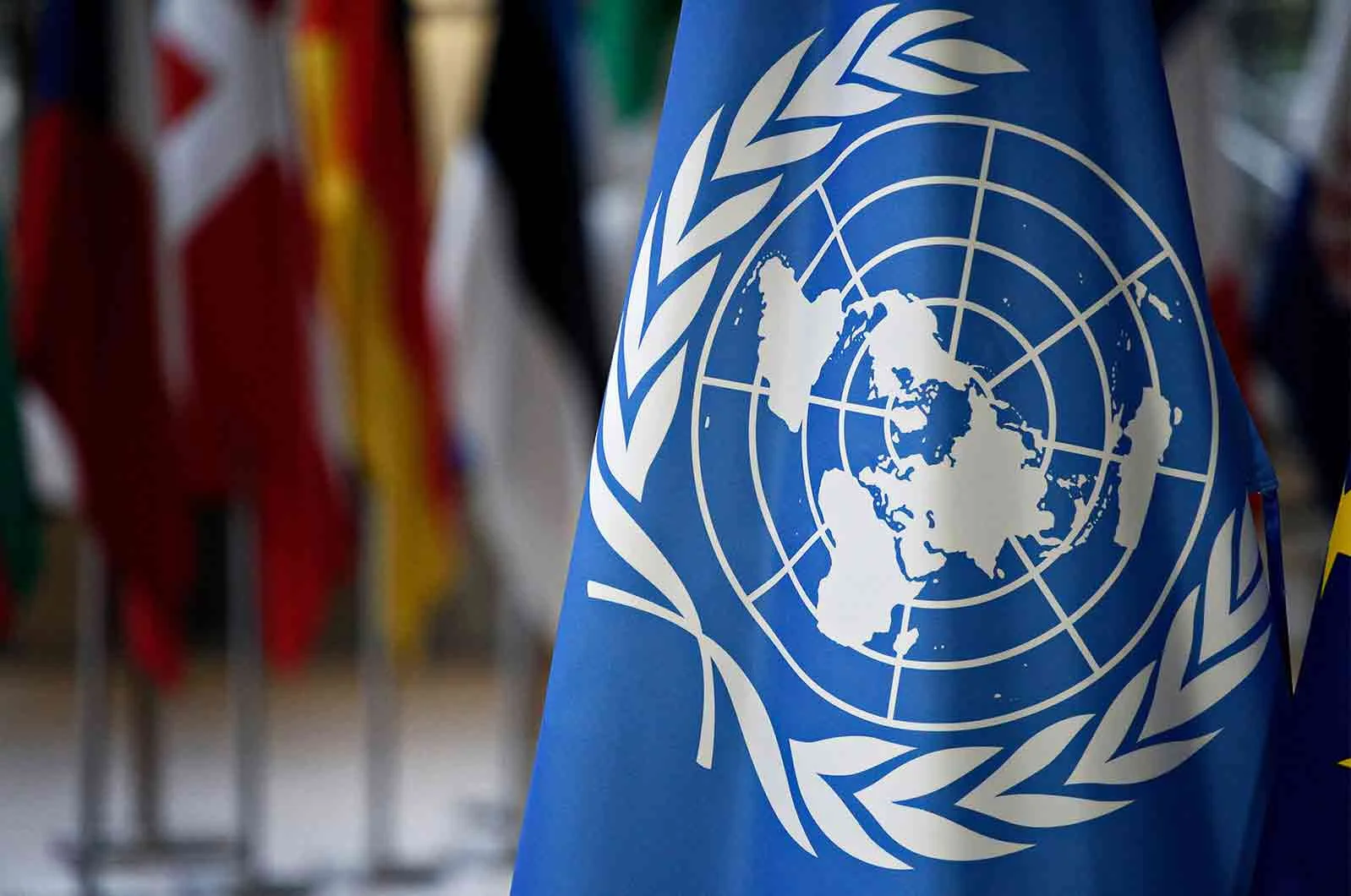
Uploading...

8 Fun Facts about the Portuguese Language
The Portuguese language is a globalised language, with people speaking Portuguese on four continents. It is the official language of Portugal and the official language of Brazil, and a fast-growing language with plenty of new learners worldwide.
If you’re thinking of learning the Portuguese language, this article might convince you! Here we reveal eight fun facts about Portuguese culture, the history of the language, and trends in learning and translations. If you feel discouraged in learning or speaking Portuguese, these fun facts will provide the motivation you need!
1. People are Speaking Portuguese on Four Continents
It is well-known that Portuguese is the official language of Brazil and Portugal. However, it may surprise you that the Portuguese language is the sixth most popular language worldwide. Over 200 million people are speaking Portuguese as a native language, and it is spoken on four continents.
Eight different countries use Portuguese as their official language. Aside from being the language of Brazil and Portugal, these countries include Cape Verde, Equatorial Guinea, Angola, Mozambique, Guinea-Bissau, Equatorial Guinea, and more. Dialects vary between these regions, but the language is easy to understand across the board. There are also sprinkles of Portuguese culture throughout all these places, and more!
2. Only 5% of Portuguese Speakers Live in Portugal
Many people assume most Portuguese speakers live in Portugal. But while it is the official language of Portugal and the heart of Portuguese culture, only 5% of speakers live in the country. The rest of the people speaking Portuguese live in the countries listed above, with a massive 80% of speakers living in Brazil—it is no wonder that the official language of Brazil is Portuguese!
There are also many Portuguese speakers elsewhere around the world. English is the fastest-growing European language worldwide, but the Portuguese language comes in second place. The number of Portuguese speakers is growing so fast that experts think it will soon be used as an international communication language and join the current six official UN languages.
3. Portuguese became an Official Language in 1209
The Portuguese language derives from Latin, making it one of the Romance languages. When the Romans finally made it to the Iberian Peninsula, they brought their language with them, blending Latin with the language of the local people to form the language of Portugal. Portuguese is also influenced heavily by Arabic, as are all languages of the Iberian Peninsula.
The Portuguese language was first used in official documents in the 9th century and continued to grow in use and popularity. Portugal became its own country in 1139, and Portuguese became the official language of Portugal in 1209. Along with the language, Portuguese culture thrived.
4. Portuguese was the Language for Trade in Asia
As Portugal joined the European race to discover new places, Portuguese culture and the language of Portugal spread throughout the world. It quickly reached Asia, Africa, and South America. It became the official language of Brazil in the 18th century as Portugal increased its political power.
In fact, the Portuguese language was used for all official communications between Portugal and its colonies. It was also the language for administration and trade throughout Asia after the Portuguese took control of the Spice Road between South East Asia and the Persian Gulf in the early 1500s. The language was used until the 19th century when Asian languages took over.
5. The Portuguese Alphabet Changed in 2009
When you start learning and speaking Portuguese (regardless of whether you’re learning the language of Brazil or Portugal), you’ll notice that the Portuguese language uses the same alphabet as English. There are 26 letters, ranging from A to Z. However, back when Portuguese was made the official language of Portugal, this wasn’t the case.
In the original Portuguese language, there were only 23 letters–letters K, W, and Y were missing. These three letters were added to the official alphabet in 2009. They were integrated into the alphabet to help with foreign loanwords added to the Portuguese culture from other languages. Examples include “software” and “yoga,” which many Portuguese-speaking people use as part of daily conversations.
6. Many English Words Come from Portuguese
Several English words have been borrowed from the Portuguese language. Here are a few examples used in both English culture and Portuguese culture today:
- Embaraçar/Embarrassed: The Portuguese word “embaraçar” has a literal translation of “to tie in knots.” Or, as the English say, “embarrass.” This gives a good description of how embarrassment feels!
- Feitiço/Fetish: Portuguese-speaking people also use the word “feitiço,” another word that has lent its use to the English language. The direct Portuguese-to-English translation is “a charm or sorcery,” but in English, we say “fetish.”
- Fato/Fact: Another example of a similarity between the Portuguese language and English is the word “fato,” the Portuguese-to-English translation of which is “fact.” The plural is even more alike to the English term, spelt “factos” in Portuguese.
There are many other examples found in the Portuguese language. The word “compacto” in Portuguese is “compact” in English, “objecto” is “object,” and “intelecto” is “intellect.” These similarities between English and Portuguese make speaking Portuguese easier for language learners. This is true regardless of whether you’re learning the language of Portugal or the language of Brazil.
7. Portuguese is a less Popular Language to Learn
Though Portuguese is the official language of Portugal, the language of Brazil, and widely spoken worldwide, it has always seemed to be in the background behind its closely related cousin: Spanish. This is the same when it comes to those who are learning a new language. There are many more people learning to speak Spanish than Portuguese.
Spanish isn’t Portuguese’s only rival: the Portuguese language did not make the top ten list of languages being learned around the world, despite its popularity. However, plenty of people are starting to learn more about the Portuguese language and Portuguese culture. Hopefully, the number of language learners will continue to increase!
8. Learning Portuguese Can Open up Opportunities
Though it is not a popular language to learn, there are many benefits to learning Portuguese. Firstly, speaking Portuguese can lend you a better chance of learning another Romance language. All Romance languages are related and share a certain amount of similarities across the board. Likewise, if you know a Romance language, it can be easier to learn Portuguese.
Learning the Portuguese language can also open many opportunities for anybody planning on travelling a lot. As the language of Portugal and the language of Brazil, learning the language enables you to fully immerse yourself in Brazilian and Portuguese culture and others worldwide!
Renaissance Translations’ Portuguese Translation Services
These facts on the Portuguese language and Portuguese culture should inspire you to learn more about this fascinating language. As the official language of Brazil, Portugal, and many other nations, it is widely spoken. However, it fails to be a popular language for people to learn—all the more reason to pick up this language!
If you need help with Portuguese translations, our Portuguese language experts are here to help. We are aware of the differences between Brazilian, European, and even African Portuguese. That’s why we have professional translators in every region. Your partnership with Renaissance Translations also comes with professional memberships such as ATC, so you can rest assured that you’re in safe hands. Get in touch with our translation project managers to discuss your project or request a quote online!
Related Posts


© Copyright 2023 Renaissance Translations Ltd | Company Registration No. 07472408 | VAT Registration No. 313 4632 33


